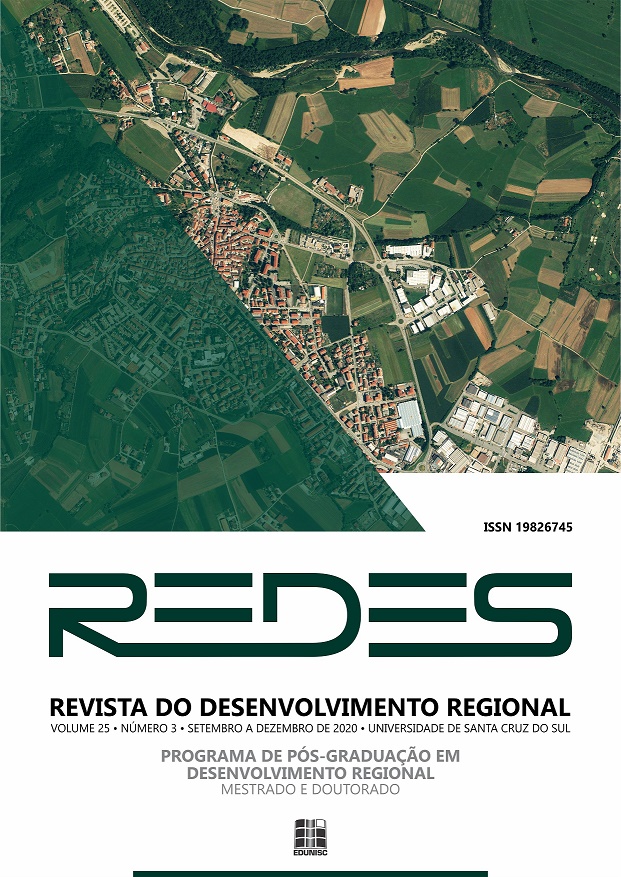The Operation of a National School Food Program in the Santa Maria (RS) Municipal Schools
DOI:
https://doi.org/10.17058/redes.v25i3.11339Keywords:
PNAE. Family farming. Food security. School feeding.Abstract
The National School Feeding Program (PNAE) is the most important Brazilian government action of food supplementation for school-age children. The broad scope and the incorporation of new institutional actors are the main marks of its trajectory. Thus, the objective of this article is to show the operational particularities of the National School Feeding Program in the municipal schools of Santa Maria (RS). The methodological procedures adopted are of a quality-quantitative nature, drawn from information obtained through interviews and the application of questionnaires, in order to explore the perceptions of institutional actors directly involved in the processes of buying, selling and distributing food in schools. In addition, statistical data disseminated by the Santa Maria City Hall and the National Education Development Fund (FNDE) were manipulated. The results obtained show that school managers still see quantitative insufficiencies in the operationalization of food supply to students, but believe that qualitative inefficiencies could be reduced with changes in the management of resources for school feeding. In 2017, purchases with family agriculture represented 40.19% of the total purchases made by the City Hall, which shows an effort to more incisively comply with the principles of Food and Nutritional Security (SAN).Downloads
Download data is not yet available.
Downloads
Published
2020-09-28
How to Cite
Pauli, R. I., Steidnorff, K., Oliveira, S. V. de, & Marinho, L. S. (2020). The Operation of a National School Food Program in the Santa Maria (RS) Municipal Schools. Redes , 25(3), 1371-1395. https://doi.org/10.17058/redes.v25i3.11339
Issue
Section
Articles



